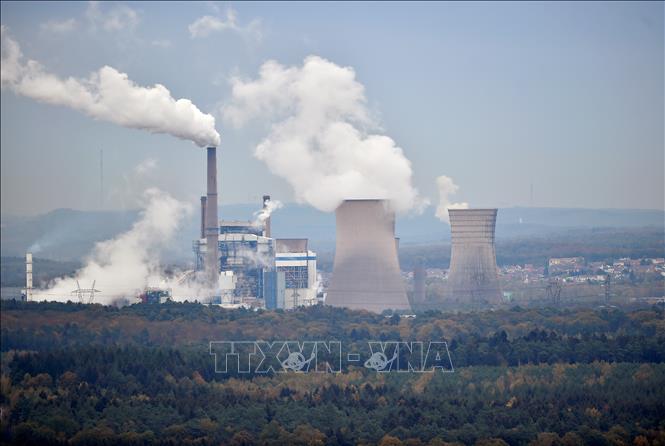
Exhaust gas rises from a factory in Saint-Avold, eastern France.
An international team of researchers has analyzed the impact of global warming on human health and the economy. The results showed that the number of heat-related deaths increased by 68% between 2017-2021 compared to 2000-2004. Higher global temperatures also pose a more serious threat to crop yields. The number of people experiencing food shortages in 2020 is estimated to have increased to 98 million people in 103 countries from the 1981 to 2010 average.
According to the study, warmer Earth temperatures also create more favorable environmental conditions for the spread of infectious diseases. For example, the risk of contracting dengue fever increased by 12% between 2012-2021 compared with 1951-1960. The simultaneous outbreaks of dengue fever and COVID-19 have increased pressure on health systems, causing misdiagnosis and difficulties in controlling both diseases in parts of the South. America, Asia and Africa.
The researchers also said that in 2020 there will be 3.3 million deaths from PM 2.5 fine dust pollution, of which 1.2 million are directly related to pollution from burning fossil fuels. Researchers urge countries around the world to quickly switch to clean energy to replace fossil fuels to protect people's health.
The study was published ahead of the 27th Conference of the Parties to the United Nations Framework Convention on Climate Change (COP27) from November 6 to 18 in Egypt.